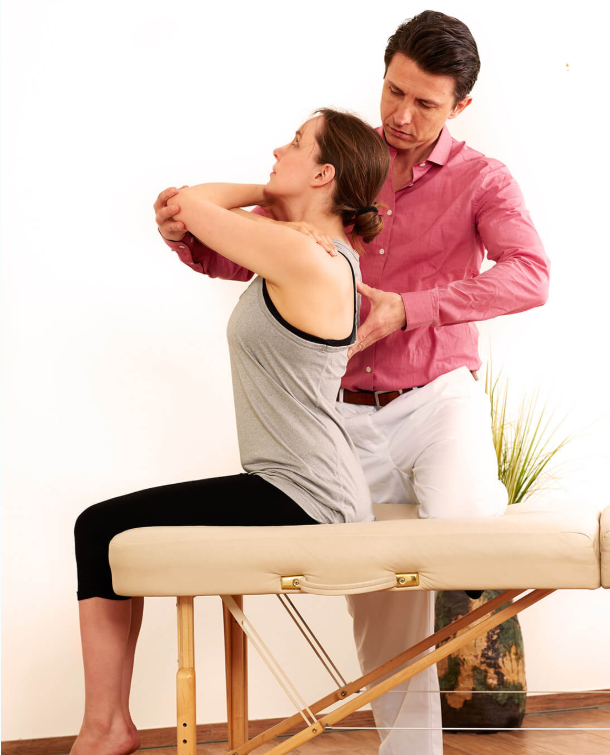NATUROPATHIC MEDICINE
Naturopathy believes in vitalism (a vital energy or vital force) that is generated by the body and promotes all metabolism, reproduction, adaptation, and repair. Based on this concept, naturopathy espouses that the body has the desire and ability to heal itself, but one must first remove the obstacles that contributed to the lack of health, and then apply both a lifestyle of health and appropriate therapies that work to promote the body’s return to health.
Naturopathy philosophy embraces the ideology of Vis Medicatrix Naturae, Latin for “the healing power of nature,” i.e., the body knows how to return to and maintain health if given the opportunity.
DIPLOMAS
There are two diplomas that can be achieved through this course:
- Counselor of Natural Health
- degreed Doctor of Naturopathy (N.D.)
The Counselor of Natural Health is earned by completing the course, minus submitting a project. To earn the ND diploma a project/thesis must be submitted upon completion of the coursework.
NATUROPATHIC PRACTICE
Naturopathy is a system of healthcare that promotes both the prevention of disease and the return to health, but unlike most other formalized healthcare systems, it does not employ one specific therapy; rather it utilizes a wide variety of natural modalities. It emphasizes patient education, the giving of the patient personal responsibility for positive lifestyle changes, and the application of any number of alternative or non-allopathic modalities that best fit each patient’s needs for the return and maintenance of health.
The naturopath evaluates his/her patient’s health through various methods such as case history, computerized questionnaires, blood tests, biomeridian testing, or hair analysis. Based on the test findings, recommendations are given to the patient, including diet, exercise, etc. Appropriate food supplements are recommended, as well as any needed therapies such as colonic irrigation, juice fasting, homeopathy, massage, etc.
The goal of the naturopath is not to replace allopathic medicine when and where it is needed, but rather to educate the patient of negative lifestyle practices they may be engaging in that produced their health problems, and point them in the direction of a health restoring and maintaining lifestyle.
LEGALITIES OF NATUROPATHIC PRACTICE
Currently there are 21 states that license naturopaths. To be licensed in these states, one has to have graduated from a resident (not distance learning) 4-year, accredited naturopathic college, of which there are seven across North America. Such a license will grant the holder the allowance to do additional therapies (depending on the state) that a non-licensed ND cannot, such as:
- Physical Therapy: ultra sound, diathermy, traction, microwave, etc.
- Laser Therapy
- IV Therapy: administration of nutritional IVs and injections, chelation therapy, etc.
- Oxygen Therapy: hyperbaric oxygenation, ultraviolet blood therapy, ozone therapy, etc.
- Minor surgery
- Prescribing of medications
The College of Natural Health does grant a legal, long-distance-learning ND diploma, but since it is not a four-year residence school, its graduates cannot obtain a state-granted license to practice in the state that offers licensure. However, the graduate of CNH can practice as a natural health counsellor, and a degreed Doctor of Naturopathy.

LICENSURE
A graduate of CNH can be licensed by the Professional Wellness Alliance (PWA) or Guardian Ecclesiastical Medical Association which are not state licensing boards, but national licensing agencies which grant a license to legally practice naturopathic healthcare.
In addition, because CNH is accredited by the American Association of Drugless Practitioners, the graduate can become a Board Certified Holistic Health Practitioner. For the benefits of this affiliation see: https://aadp.net/